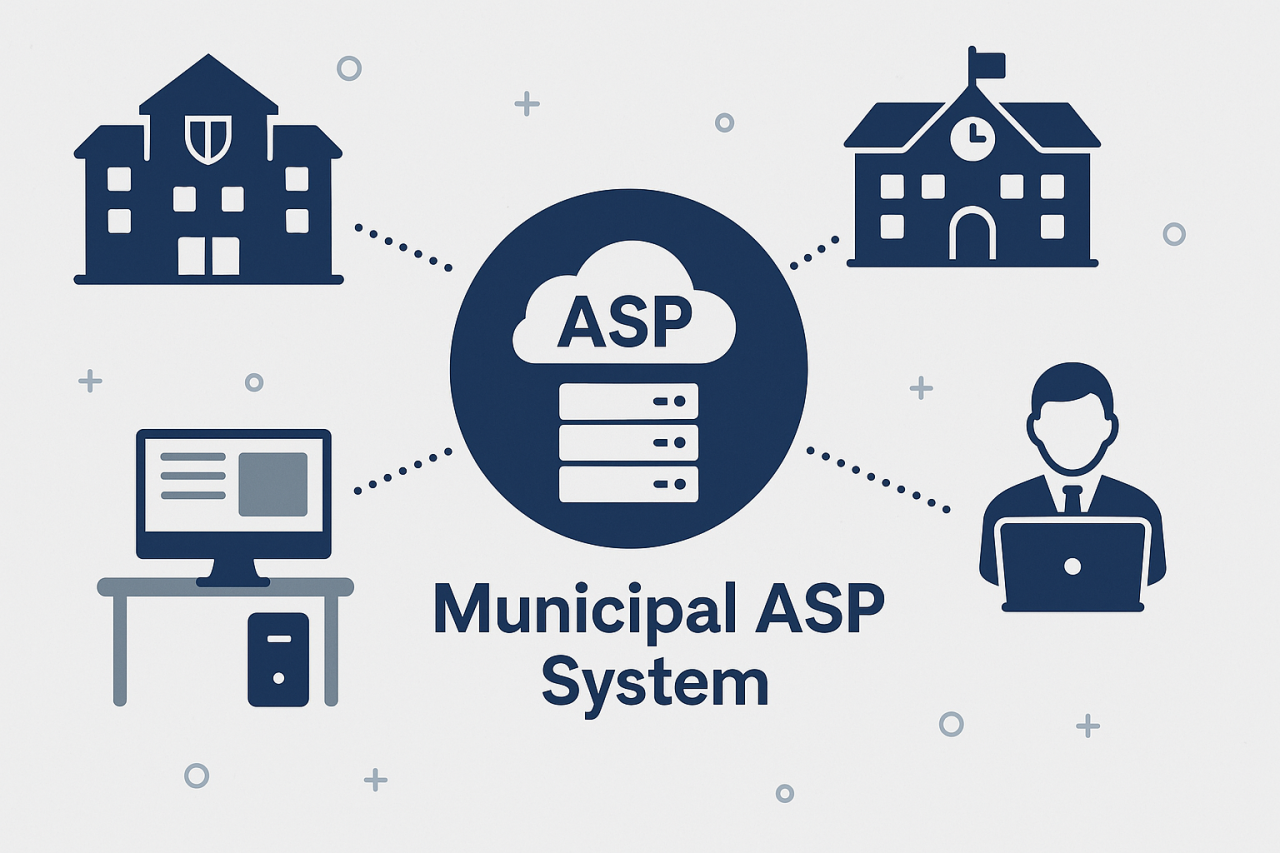Specialist systems
As part of the ASP project, several separate specialised systems have been introduced, of which the tax specialised system (Újbuda already joined the tax system in 2020, which was mandatory for all local governments) is of particular importance. Its task is to register, manage and support the electronic administration of local and central taxes and public charges. In addition, the role of the Financial Management System is also particularly important, ensuring that financial and accounting tasks are carried out in accordance with the law. The management modules work together in an integrated way to help local governments in budget planning, financial operations and management decisions.
A key element in the implementation of the new digital system is the establishment of an appropriate authorisation system to ensure that only the right users have access to sensitive data. The ASP system framework ensures this by creating separate isolated entities (tenants) for local authorities, so that data can be managed securely and separately.
Experiences
The experiences of the new system were also reported to Újbuda's office staff at professional meetings held in Budapest's X. and XVIII. districts. Colleagues analysed the functioning of the local Tax, Document and Administration systems. According to the speakers at the meetings, the ASP system represents a significant improvement compared to previous systems, although it is not without its challenges. One of the main advantages is that digital administration has become significantly simpler and faster, especially in the management of documents and the execution of administrative tasks at the beginning of the year.
However, some challenges were also highlighted: for example, further improvements would be needed in the handling of electronic data submissions to enable the system to efficiently process multiple attachments. In addition, there are occasional technical errors, such as automatic tax band reclassifications, which need further attention. The Municipality of Újbuda intends to remedy some of these problems with utilities that can be purchased separately.
An important step was also the launch of training sessions organised by the Hungarian State Treasury, which will enable key users to gain a deeper understanding of how the new systems work. These staff will be responsible for supporting their colleagues in the future if they have problems with the new systems.
In the long term, the introduction of the system could bring a number of benefits, including ensuring legal compliance, improving the quality of data services and providing citizens with a single electronic administration.
Overall, the introduction of the ASP system is a strategic step in the digital transformation of local governments, enabling more efficient, transparent and customer-friendly operation of state and local public administration. Sharing experience in the use of the new systems, actively contributing to continuous improvement and strengthening digital competences will be a priority for the participating municipalities in the coming period.
Author: Takács Marcell

